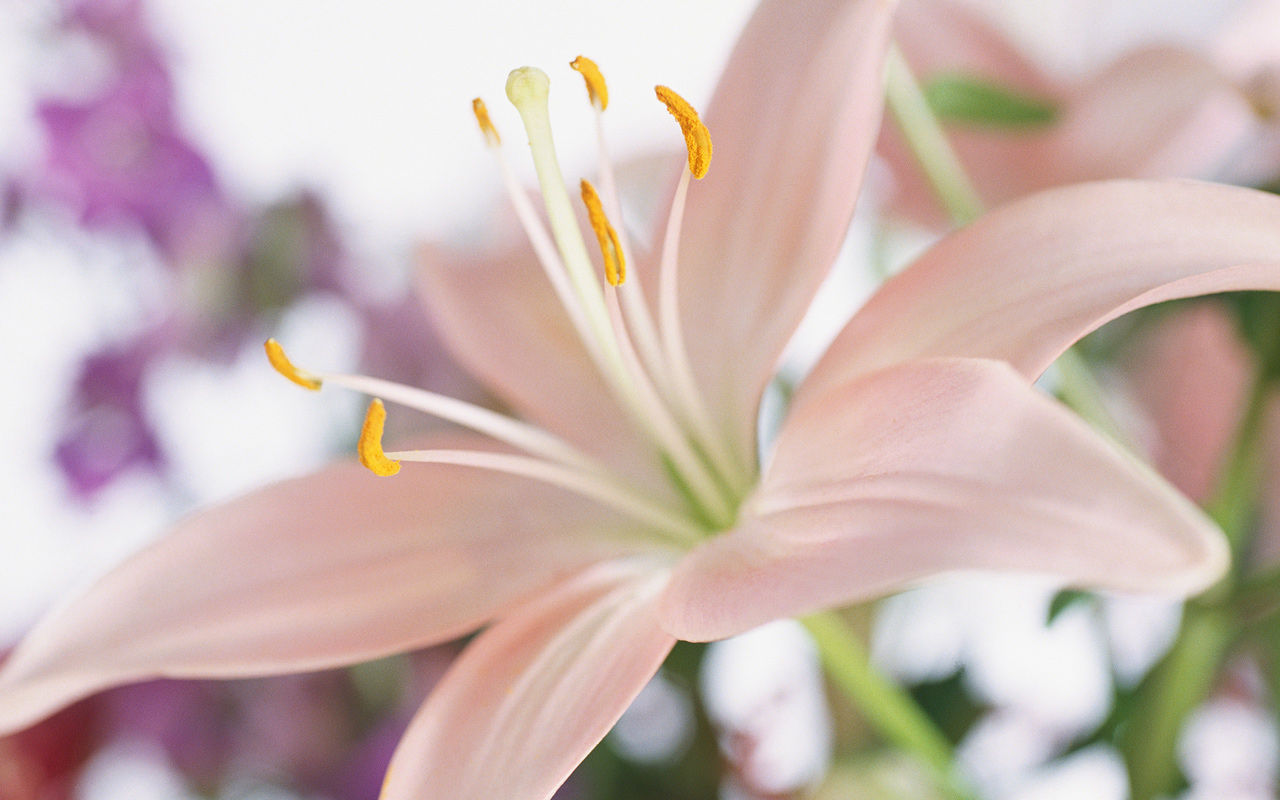
*** COVID-19*** Government restrictions have now lifted, Medical Acupuncture is allowed to continue. Our Members prime concern is for the safety of Patients and we have resumed face to face clinic treatments as per Government instruction with regard to COVID-19 virus. They are available for telephone consultation.
What is acupuncture?
Acupuncture is a form of ancient Chinese medicine in which fine needles are inserted into the skin at certain points on the body.
It is a complementary or alternative medicine (CAM). This means that acupuncture is different in important ways from treatments that are part of conventional western medicine. Unlike conventional treatments, the use of acupuncture is not always based on scientific evidence.
Theory
Acupuncture is based on the belief that an energy, or ‘life force’, flows through the body in channels called meridians. This life force is known as Qi (pronounced ‘chee’).
Practitioners who adhere to traditional beliefs about acupuncture believe that when Qi cannot flow freely through the body, this can cause illness. They also believe that acupuncture can restore the flow of Qi, and so restore health.
Some scientists and acupuncturists believe that acupuncture may stimulate nerves and muscle tissue, and that this may be responsible for any beneficial effects.
Uses
Practitioners – called acupuncturists – use acupuncture to treat a wide range of health conditions. It is often used to treat pain conditions such as headache, lower back pain and dental pain, but is also commonly used against conditions ranging from infertility to anxiety and asthma. To learn more, see common uses of acupuncture.
The availability of acupuncture on the NHS is limited. Most acupuncture patients pay for private treatment.
Using acupuncture
If you choose to have acupuncture, make sure that your acupuncturist is fully qualified and practises the treatment under safe and hygienic conditions.

